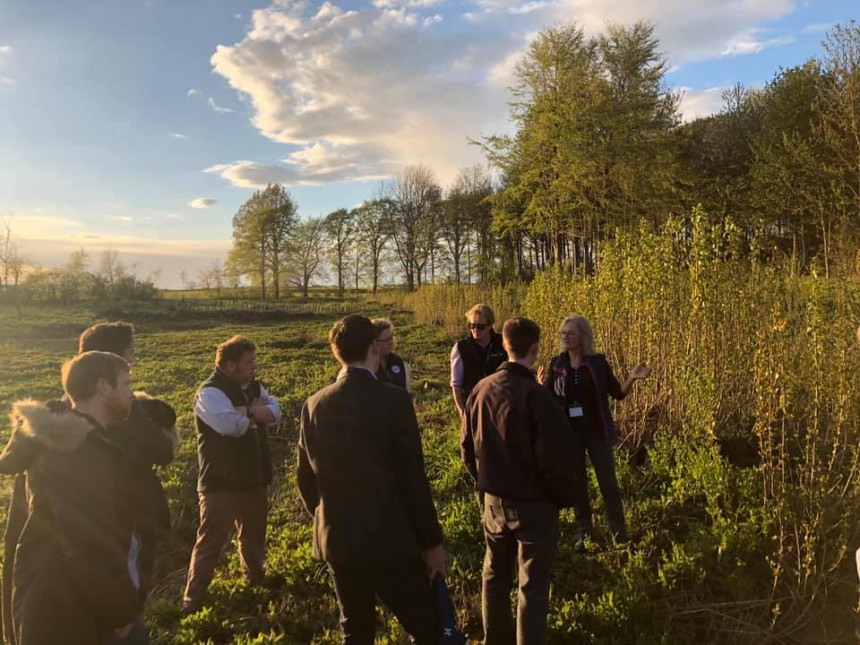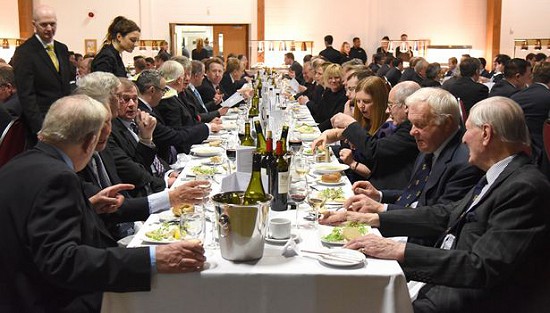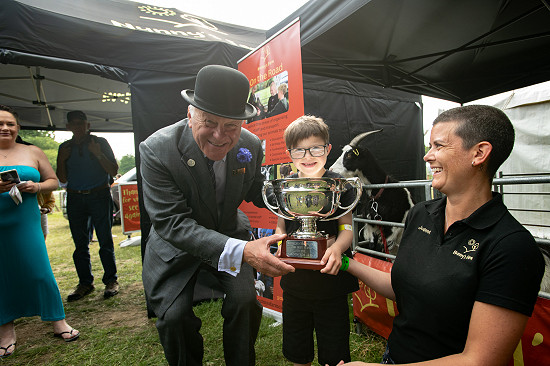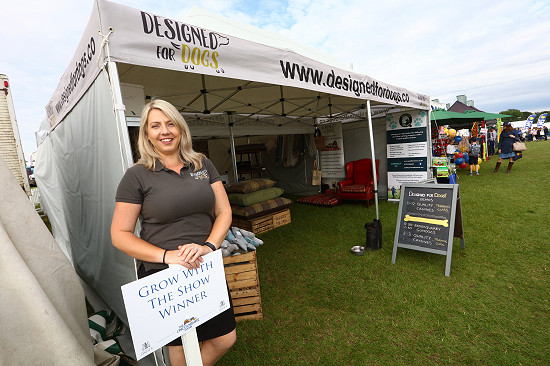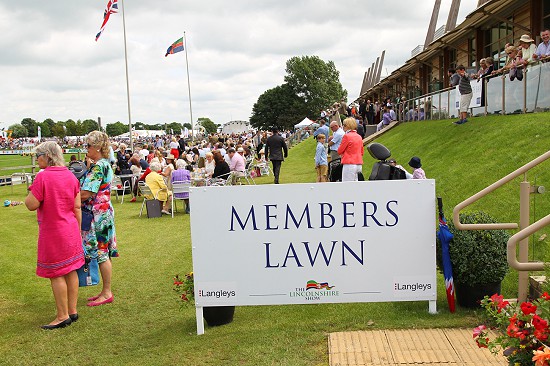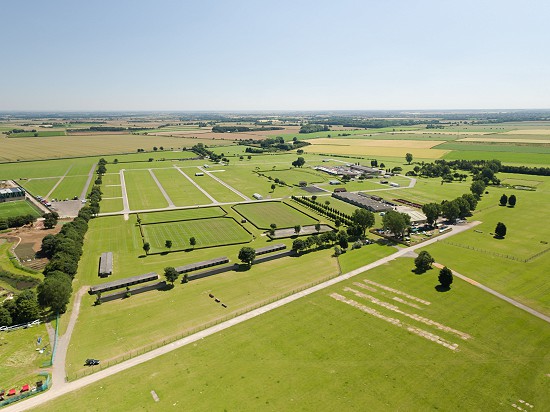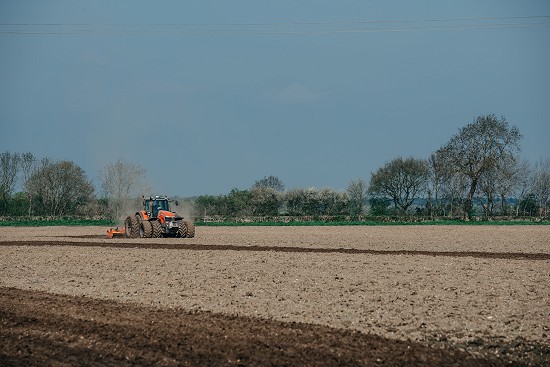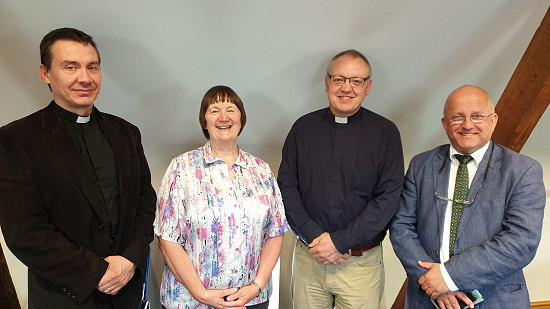The Lincolnshire Agricultural Society IMPACT group visit the Lincoln Institute of Agri-food technology 02 May
The visit was met with great interest and insight as we got to see a variety of areas of work within the University.
The visit started with an introduction and background of LIAT in the picturesque setting of Riseholme Hall, with drinks and nibbles provided at arrival.
Isobel Wright discussed the University’s new Agroforestry site with the group. We found out how Agroforestry involves growing trees alongside crops, with expected multiple benefits for total light interception, soils, water infiltration, biodiversity and farm diversification. Planting in spring 2018 was supported by the Woodland Trust.
The Environment Agency have funded the installation of a Natural Flood Management demonstration scheme at the University’s Riseholme site. The group got a close-up view of a range of features that could be adopted by farmers such as the installed series of leaky barriers, diversion channels, attenuation ponds and other features aimed at slowing down water flow in times of high rainfall, to decrease the water influx burden downstream. These may also have multiple benefits for water quality, biodiversity and groundwater recharge. The site is being used for teaching, research and demonstration.
The IMPACT group were then taken to the robotics centre, where they saw the robots and found out about the wide range of agri-robotics projects the University is involved with. These include fruit picking and polytunnel navigation, soil moisture sensing, UV treatment of horticulture, soil compaction mapping and weeding projects.
The group then viewed the University’s Pesticide Handling Facility, where three installations you could potentially have on farm were demonstrated - a biobed, a biofilter and a heliosec.
Finally, a visit to the refrigeration research centre at Riseholme, where the University is working alongside industry partners to increase refrigeration efficiency in supermarkets using the Internet of Things (IoT).
The visit proved extremely fascinating with a great understanding of how different equipment and techniques could be used in farming today along with what the future of farming might hold.
Dr Shaun Coutts said that LIAT is great for providing teaching (BASIS, FACTS, MSc) demonstration sites (pesticide handling, NFM and natural flood management) and research (robotics) and sometimes those things over lap (adding sensor network to the NFM for example). Here at LIAT we provide a point of contact to the wider University and so a much wider range of expertise.
Not everything we do will be of interest or benefit to every farmer, but to those land managers who can benefit demonstration sites like the NFM and agri-forestry it allows them see both the risks and the potential of things that might be too risky for a commercially minded land managers to attempt. We can often take risks they cannot. We also provide a window into what tools are coming down the line in the longer-term (like robots), which may not be immediately useful, but it is great for people in the industry to be aware of.
To find out more about the Impact Group here.

